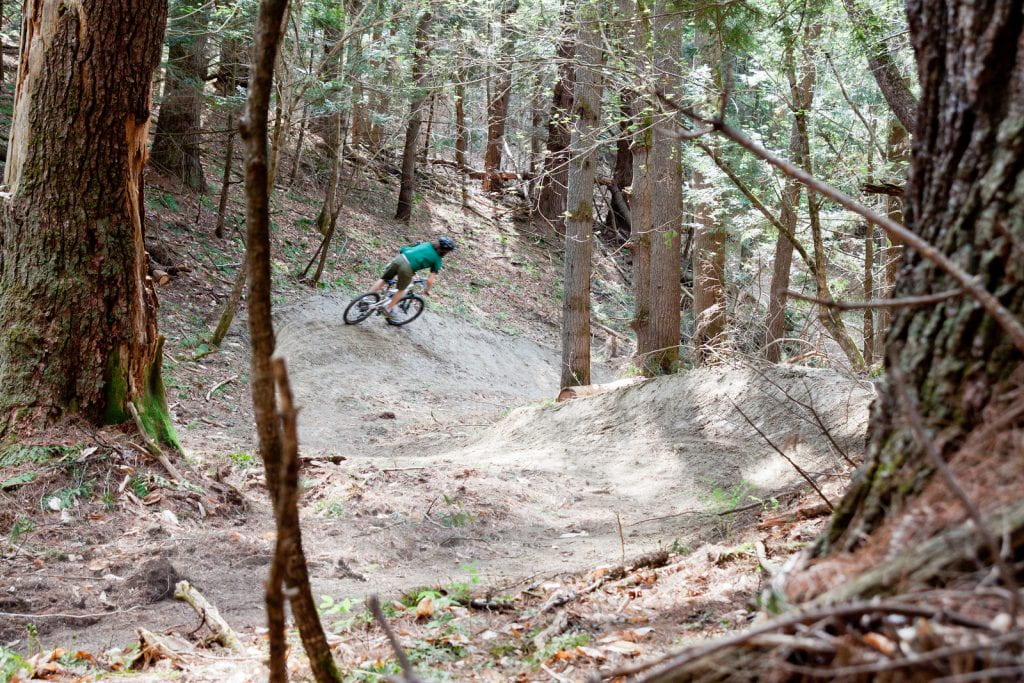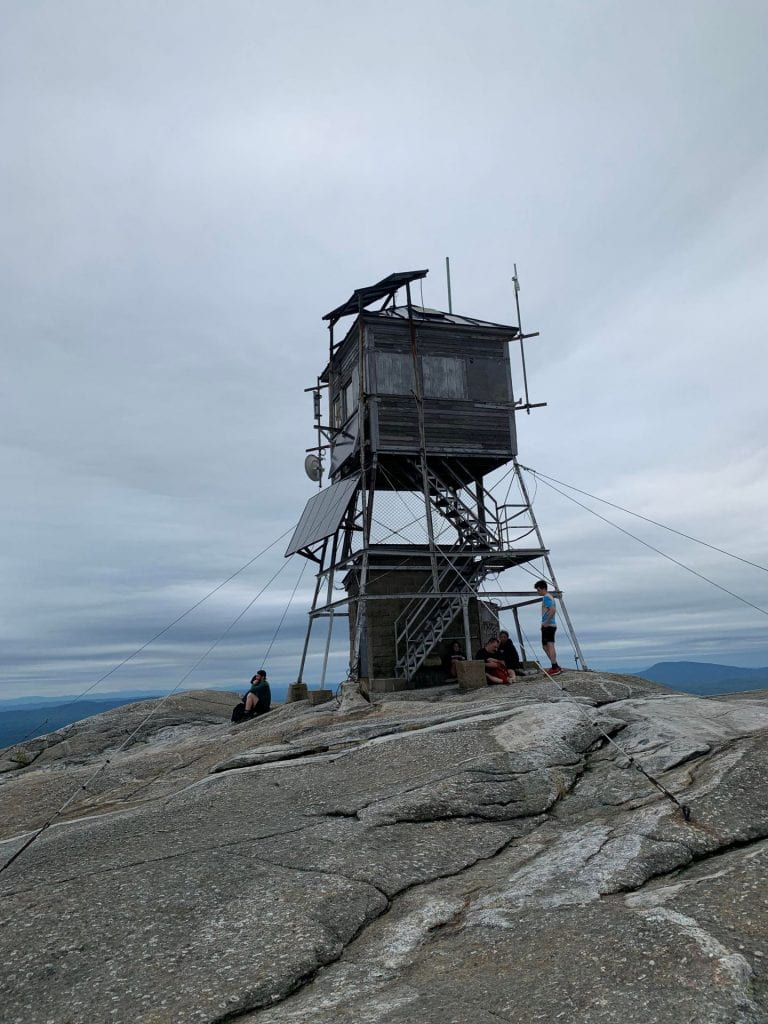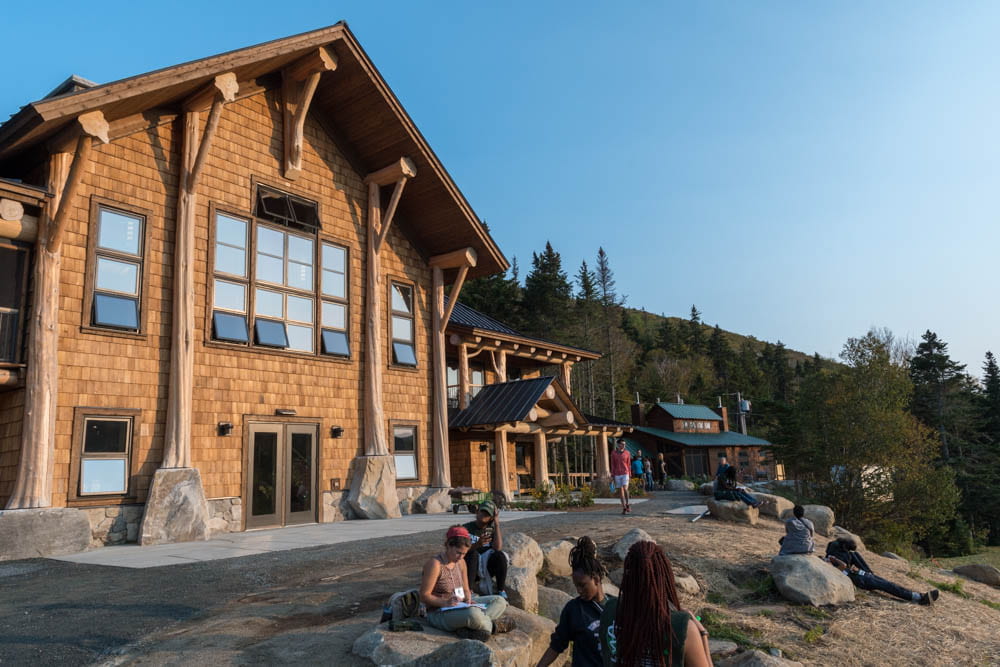General Information
Informant: Josh Greene
Place: Hanover, NH
Date: October 29, 2021
Genre/Form of Folklore: Customary/Material
Title: “A Jewish Christmas”
Informant Data: Josh Greene, 21, is a current junior at Dartmouth College majoring in Government while serving as the football team’s starting long snapper. Josh was born and raised in Palm Beach Gardens, FL where he attended The Benjamin School. Josh lives with his parents and younger sister when he is home on off-terms. He follows a Jewish faith and is also a columnist for The Dartmouth and writes bi-weekly to highlight his journey as a student-athlete.
Contextual Data: For many Americans, December 25 is a time to celebrate the birth of Jesus, but for those of a Jewish religion it is a time to consider one’s relationship to the wider society. Some Jewish families have chosen to adopt the Yuletide festivities. Some have emphatically rejected the rituals and symbols of Christmas. Still others have sought ways to meld Christmas and Hanukkah. Christmas, in effect, has become a prism through which Jewish individuals can view how living in this land of freedom has shaped their religion, culture, and identity.
Social Data: For centuries, the Jewish people of Central and Eastern Europe feared Christmastime. At any other time, religious Jewish individuals would be studying Torah in the synagogue, but not on Christmas. Wary of being attacked in the street, they took refuge in their homes, playing cards or chess with their families. The story was different in Western Europe, where, for the Jewish elite, holiday symbols — such as the Christmas tree — signified secular inclusion in society. Today, thousands upon thousands of American Jewish people have become vested in Christmas through Hannukah and mitzvot. Now, Christmas is an occasion for many American Jewish people to proudly affirm their identity as both American and Jewish. This item of folklore was collected through a face-to-face interview of the informant just before the beginning of the Christmas season.
Item: Decorative menorahs and dreidels hung on the walls with festive lanterns illuminating the house. Instead of green and red décor, blue and white items pervaded the scenery. Additionally, Jewish families typically top their trees with the Star of David rather than an angel/star.
Transcript:
Collector: “How does you and/or your family go about decorating your house during the Christmas season? What sorts of decorations do you put up every year and what factors do you think influence this decorative style?”
Informant: “Well I think there is this preconceived notion that Christmas and Hannukah are the same holidays, but they’re not. Jews don’t celebrate Christmas quite the same, at least my family. We never really decorated too much… sometimes put up a Christmas tree, maybe a big family Christmas dinner. We always knew it was Christmas, and still recognized what the day was for, but never felt the need to put up a lot of decorations for it. The most I think my parents ever did was hang the Star of David above the front door, and these blue menorah banners that hung in our dining room. Growing up we had a small artificial tree with a menorah top and with blue and white lights, but we haven’t done that in a while.”
Informant Comment
Now, I celebrate Christmas with some of my friends and family the same way most people do – but’s usually a pretty small and informal thing.
Collector Comment
Historically and culturally, Jewish people haven’t celebrated Christmas because it was once a tragic day – So I understand why Josh and his family don’t celebrate or decorate the way many other non-Jewish American families do. But I was happy to hear that they are being festive by means of Jewish holiday. Josh and his family don’t celebrate Christmas because of the folkloric tradition of recognizing and utilizing the day as a day of rest in preparation for Hannukah.
Collected by:
Joshua Betts, 21
Bradenton, FL
Hanover, NH
Dartmouth College
RUSS 013
Fall 2021






